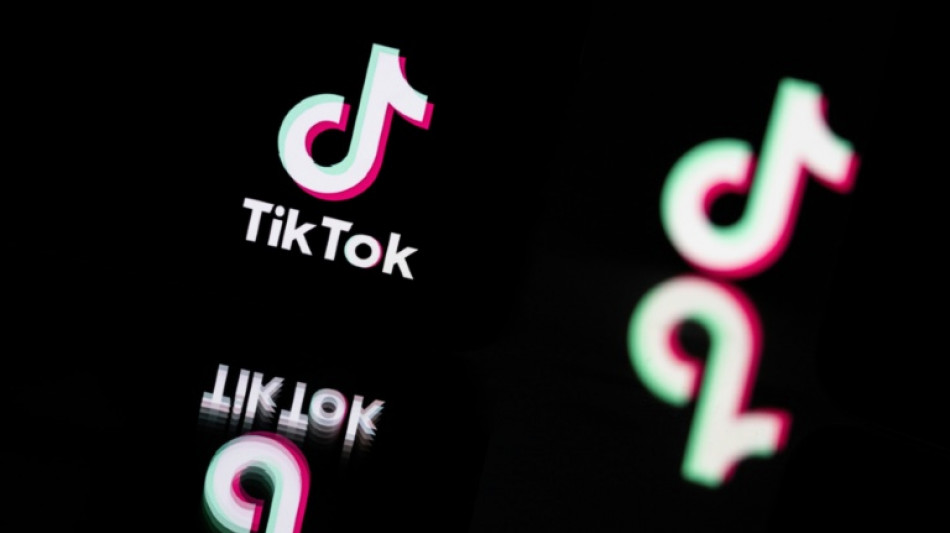

Nepal lifts ban on video-sharing platform TikTok
Nepal on Thursday lifted its ban on TikTok nine months after suspending the popular video-sharing platform for disturbing "social harmony", the communications minister said.
TikTok, which has around one billion monthly users, has faced restrictions in many countries for allegedly breaking data rules and for its potentially harmful impact on youth.
"A decision to remove the ban on TikTok has been made," Minister for Communications and Information Technology Prithvi Subba Gurung told reporters after a cabinet meeting.
The decision comes over a week after TikTok's South Asia division contacted the minister saying that it would follow Nepal's regulations, and requesting that the ban be lifted, according to ministry spokesman Gajendra Kumar Thakur.
Nepal had suspended TikTok in November last year, days after introducing a directive requiring social media platforms operating in the country to set up offices.
It also followed an anti-government demonstration, whose leader was popular on TikTok.
The ban was condemned not just by free speech advocates but by the owners of popular accounts whose lives were transformed by the platform, which had about 2.2 million users in the country.
"The news makes me very happy," Anjana Aryal, who went from homemaker to entrepreneur by sharing recipes on TikTok, told AFP.
"The ban had really affected many creators like me who had benefitted from the app."
Since the ban, Aryal and other prominent Nepali content creators had seen their revenue streams dry up, jeopardising their livelihoods.
"Many switched to Instagram and Facebook, but they don't have the same kind of reach. With TikTok back, I will be very busy again," she said.
Advocate Dinesh Tripathi, who had challenged the decision in court, said that the decision was a "victory for free speech".
"Free speech is integral to democracy. This is a good decision but we must stay vigilant against such attacks," he said.
In July, Nepal's Khadga Prasad Sharma Oli, 72, was sworn in as prime minister after his Communist Party forged a coalition government with the centre-left Nepali Congress, shifting power in the country's often volatile parliament.
Owned by Beijing-based ByteDance, TikTok is one of the most popular social media platforms on the planet, but multiple countries have sought to tighten controls on social media due to their potential impact.
The United States recently sued TikTok, saying it had placed the safety of millions of children in jeopardy by collecting their personal data without parental permission.
TikTok is also battling a US law that calls on its Chinese parent ByteDance to sell the video platform or else face a nationwide ban on the app.
(Y.Rousseau--LPdF)




